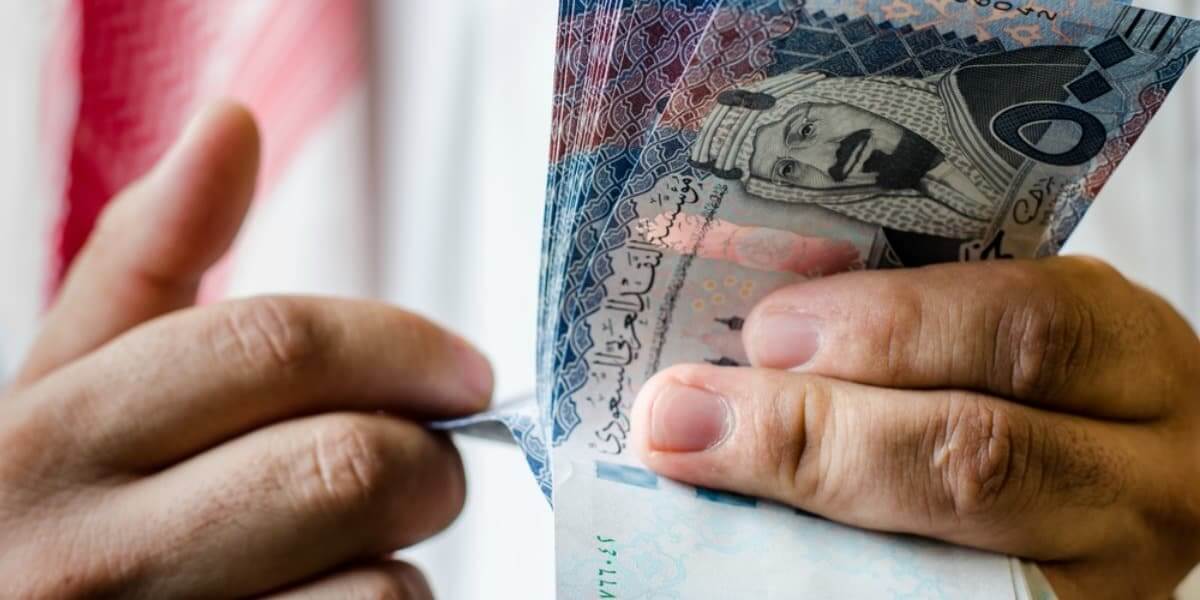Saudi Arabia will shift more to Islamic finance next 12-18 months – Moody’s
Credit rating agency Moody’s anticipates that Saudi Arabia will shift more to Islamic finance in the next twelve to eighteen months.
The shift is due to corporates and households increasingly using Islamic products, even as low oil prices and the pandemic crisis cause economic challenges, said the agency in a statement on Tuesday (September 29).
"A comprehensive set of Islamic finance regulations have spurred Saudi banks to issue sukuk, Islamic products are now listed on the main market, and an Islamic mortgage refinancing business has been established," said Ashraf Madani, VP-Senior Analyst at Moody's.
The agency highlighted, however, that some areas are still lagging, citing derivatives as being largely conventional. “Derivatives are heavily used by corporates and banks to manage their balance sheet risks but the expertise in developing these products is still evolving. Additionally, some derivative products will continue to prove difficult to structure in a Shariah-compliant form given Islamic finance nature.”
SUKUK
The industry will benefit from increased sovereign sukuk issuance, said Moody’s, which expects the Saudi government deficit to reach nearly 11% of GDP this year, up from 4.5% in 2019. The agency estimates gross financing need to rise to around $85 billion from $41 billion last year.
Nearly half of the total financing will come from sukuk, estimates the agency. “Moody’s expects gross government sukuk issuance to nearly double this year to around $40 billion from $21 billion in 2019,” said the ratings agency on Wednesday (September 30).
The government issued 84 billion riyals ($22.4 billion) in domestic sukuk from January to September, an increase of 45% compared to the same period last year.
In the global market, the latest notable sukuk was from state-owned Saudi Electricity Co. that sold $1.3 billion in a green issue to finance green capital projects.
M&As
Bigger financial institutions will also contribute to the shift to Islamic finance. Moody’s cites the proposed merger between National Commercial Bank and Samba as an example, with NCB continuing to fully convert from a conventional bank to a Shariah-compliant one.
FINANCING
The Kingdom’s Islamic financing is estimated to reach around 80% of system-wide loans over the next twelve to eighteen months, from 78% in 2019 and 70% in 2013, said the ratings agency.
“Saudi firms are also increasingly choosing Islamic products over conventional ones,” said Moody’s.
It estimates corporate loans comprise 65% of total loans extended to the private sector in Saudi Arabia.
Moody’s estimates that Saudi Arabia’s Islamic financing reached $339 billion in March, “leaving Malaysia a distant second with $145 billion”.
© SalaamGateway.com 2020 All Rights Reserved
